Seeking Solutions To Your Healthcare Recruitment Challenges?
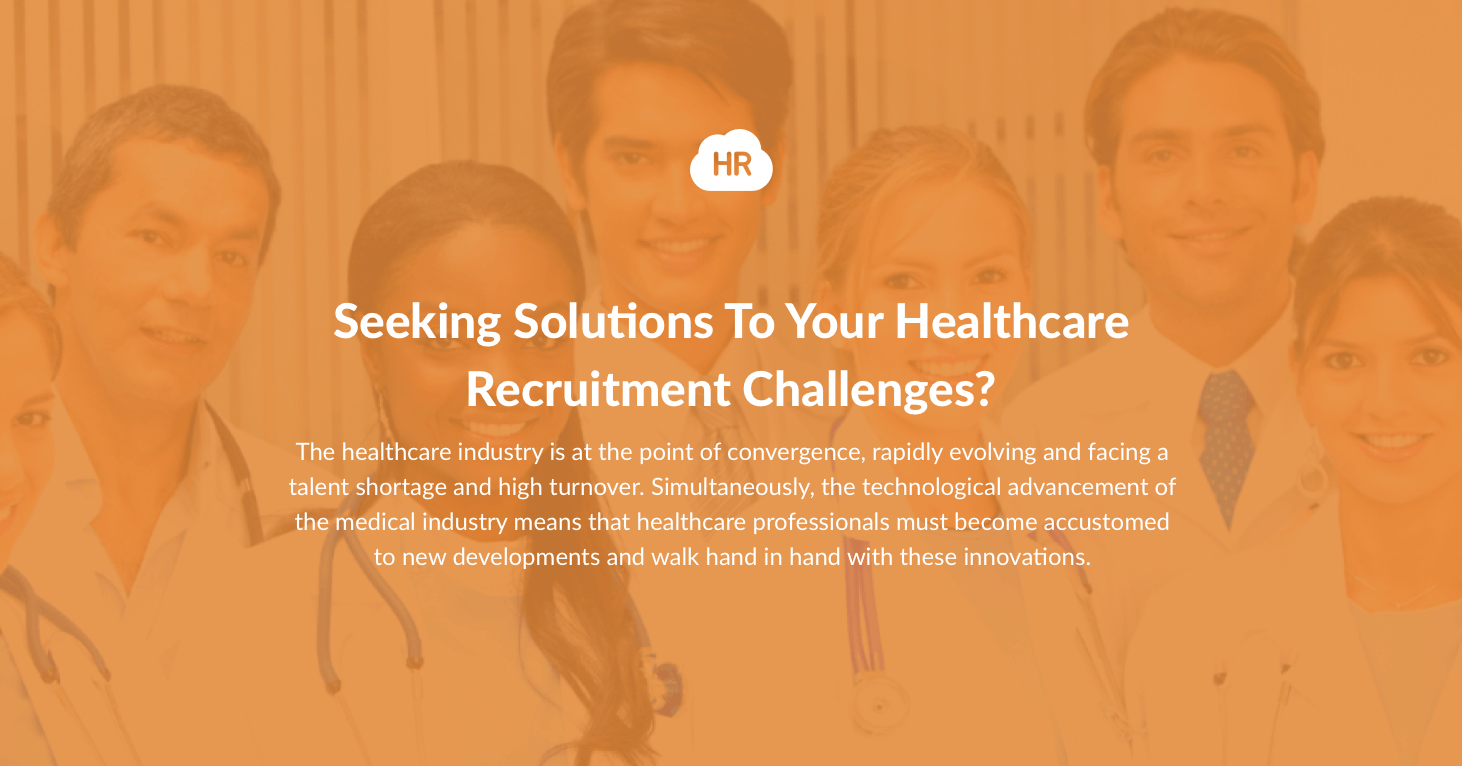


 Cut onboarding time
by 60%—here's the
Ultimate Checklist
that helped do it.
Cut onboarding time
by 60%—here's the
Ultimate Checklist
that helped do it.

Considering the great resignation is here, with nearly 4.3 million people quitting their job in August, the hiring industry is going through a stressful period.
The healthcare industry is at the point of convergence, rapidly evolving and facing a talent shortage and high turnover. Simultaneously, the technological advancement of the medical industry means that healthcare professionals must become accustomed to new developments and walk hand in hand with these innovations.
All this translates to HR professionals getting prepared to meet the growing challenge and improve the human resources methods. To do so, they need to be completely aware of the healthcare organizations and their protocols.
A Rapidly Developing Industry
As per the U.S. Bureau of Labor Statistics:
-
Healthcare and social assistance are estimated to generate nearly 3.3 million jobs over 2020–30.
-
Healthcare professions account for 7 of the 30 fastest-growing occupations from 2020 to 2030.
Apart from becoming the most sought-after industry, Healthcare providers face their own set of problems, and recruitment is one. Let's discuss some of these in detail here.
CHALLENGE #1: Lack of skilled staff
One of the challenges that healthcare providers face is the lack of skilled staff. Over the years, experts have cautioned about declining skilled medical workers beating the supply. According to Mercer, the US will need to employ nearly 2.3 million new healthcare personnel by 2025 to keep pace with the growing population.
Due to excellent career prospects, many professionals who might otherwise pursue a career as an RN are now becoming NPs.
Solution: The pandemic has deepened the crisis of medical professionals, especially those working in critical care sites. Experienced RNs will always be in demand, and their availability is greatly restricted.
Joining hands with a recruitment company with a countrywide network of nurses accessible for almost any setting translates to quickly hiring already deficient RNs.
How will this association prove beneficial? This sort of collaboration is specifically helpful to rural facilities. Workers can be reluctant to accept assignments in unfamiliar or remote settings. A trusted health recruitment company can provide the 24/7 support of a reliable healthcare employer, giving them much-needed peace of mind.
CHALLENGE #2: Burnout and Fatigue
The recent COVID crisis has deepened the healthcare workers' mental and physical state and resulted in burnout and compassion fatigue. The rise in burnout can take a considerable toll on an individual, resulting in a greater attrition rate.
Solution: Several small and positive steps can eliminate the problem of fatigue and burnout, including:
-
Direct access to mental health care services and attractive benefits
-
Early screening of mental health illness
-
Pre-allocated break times
-
Immediate intervention for those at risk
-
Social interaction
CHALLENGE #3: Difficulty in Recruitment
What has intensified the entire recruitment process is manual work. There are many processes associated with finding and hiring the top talent – screening, interviewing, and employee onboarding.
Solution: Automating the time-consuming tasks of workforce management can lower the workload of recruiters and HR professionals. Investing in HR software consists of a resume parser that boosts the chances of acquiring the idyllic candidate for each open position.
CHALLENGE #4: Aging Baby Boomer Population
Demand for the healthcare workforce will continue to rise as the baby boomer population ages.
A sizable percentage of the healthcare workers is reaching the retirement age, because of the aging population there are not enough youngsters to fill the disparity. What can be done to overcome the situation?
Solution: The government needs to be ready with Plan A and Plan B if the former fails. Health care organizations need a comprehensive plan before finding and hiring applicants like workforce planning, establishing a talent pipeline, retaining and engaging the younger talent to fill those positions.
They need to focus on the individuals who already work in the healthcare industry and have the required education and skills, such as a bachelor of nursing degree or similar qualifications, to be a nurse or medical technician.
One of the ways to ensure that you hire the right job candidates is by outsourcing your hiring process and employee management to PEO services. An international PEO, for instance, will enable you to grow your workforce overseas and it also saves time.
Certain health organizations also recommend establishing a community pipeline by collaborating with high schools and colleges to engage and motivate the younger generation and drive them to the healthcare industry and make them see the importance of patient care.
Undoubtedly, the healthcare industry is one of the premier areas you can work for. It's an industry where you ought to get every decision right. Therefore, start with the right hiring decision and improve your hiring process.
Author Bio: This article is written by our marketing team at HR Cloud. HR Cloud is dedicated to providing powerful solutions for your HR teams and creating an exceptional employee experience. Our aim is to help your company improve employee engagement, onboarding, and to save you valuable time!
Keep Reading
Internal vs External Communication: A Practical Guide for Modern Teams
Internal vs External communication. Yes, most organizations treat internal and external
7 Proven Tips to Manage and Resolve Conflict in the Workplace (Free Toolkit Inside)
Conflict at work is normal. But if left unresolved, it can result in increased workplace
Global Employee Onboarding: Creating a Seamless Experience Across Borders
In today's interconnected business landscape, companies are expanding beyond geographical
Like What You Hear?
We'd love to chat with you more about how HR Cloud® can support your business's HR needs. Book Your Free Demo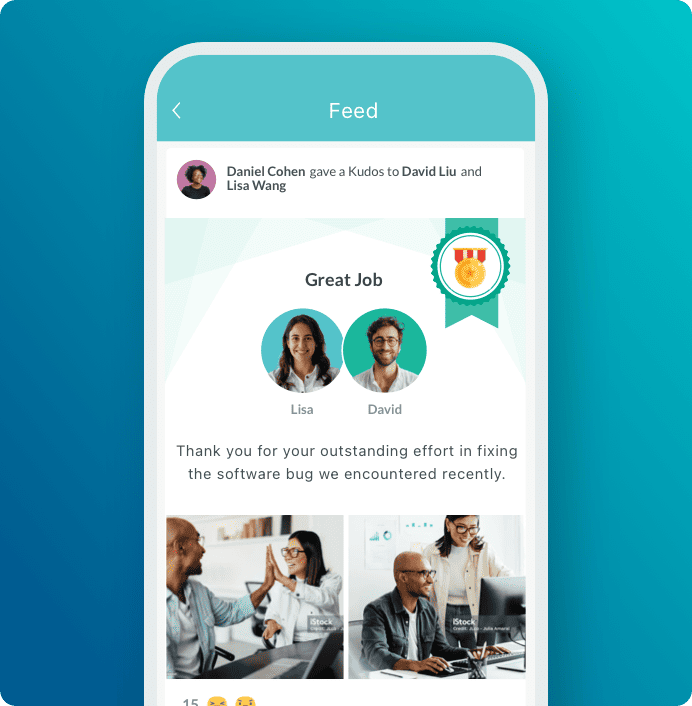
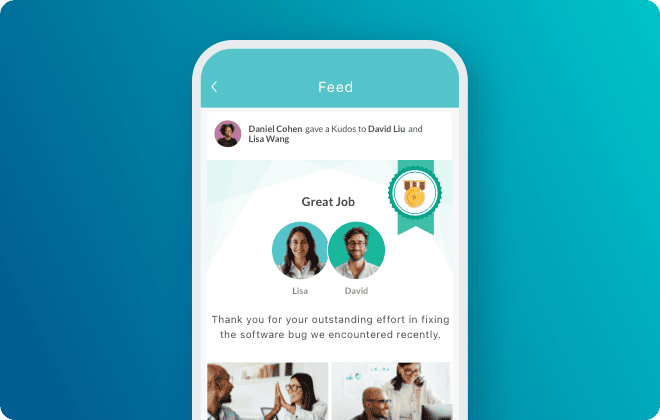
See Workmates in action
Your culture upgrade starts here. Take a quick tour or book a live demo.
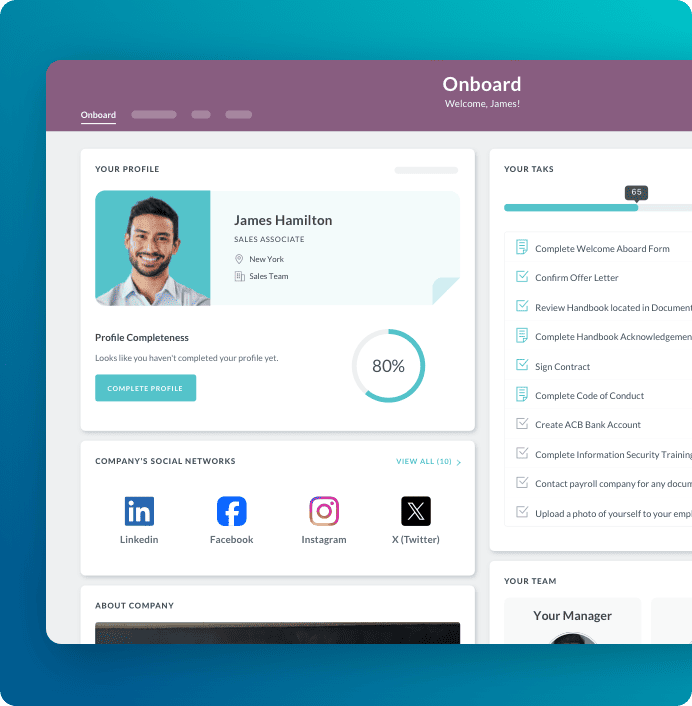
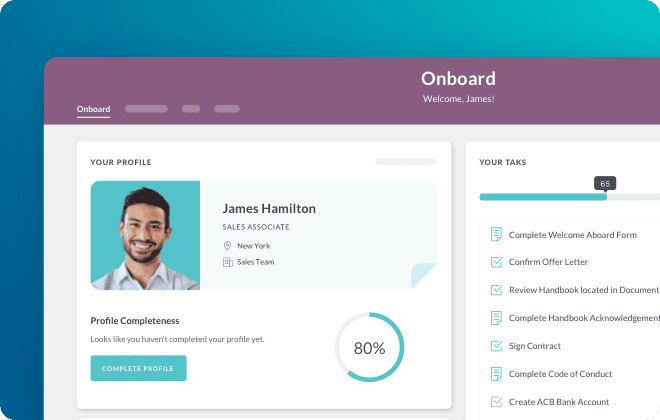
Cut onboarding time by 70%
See how growing teams streamline onboarding and save hours for every new hire.
